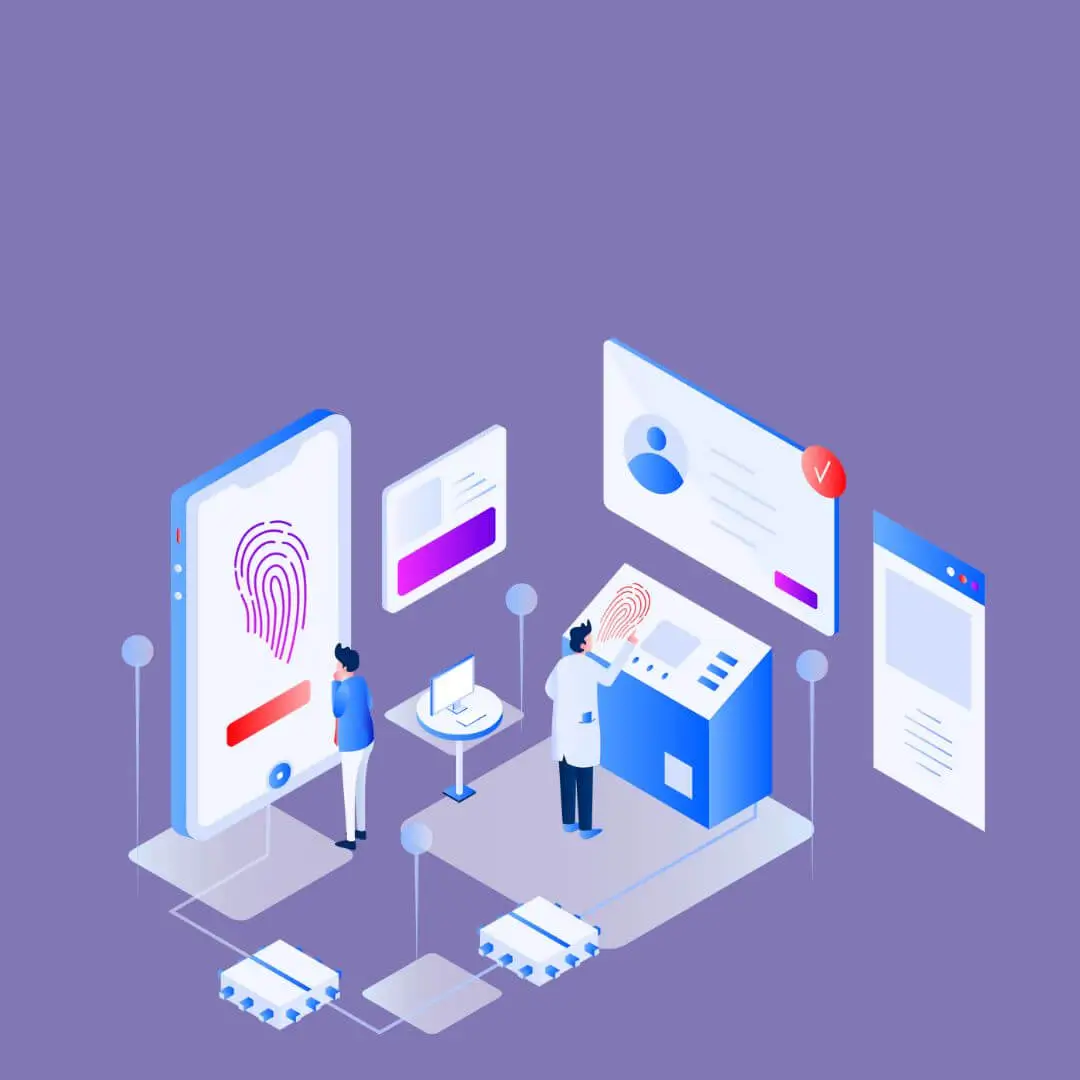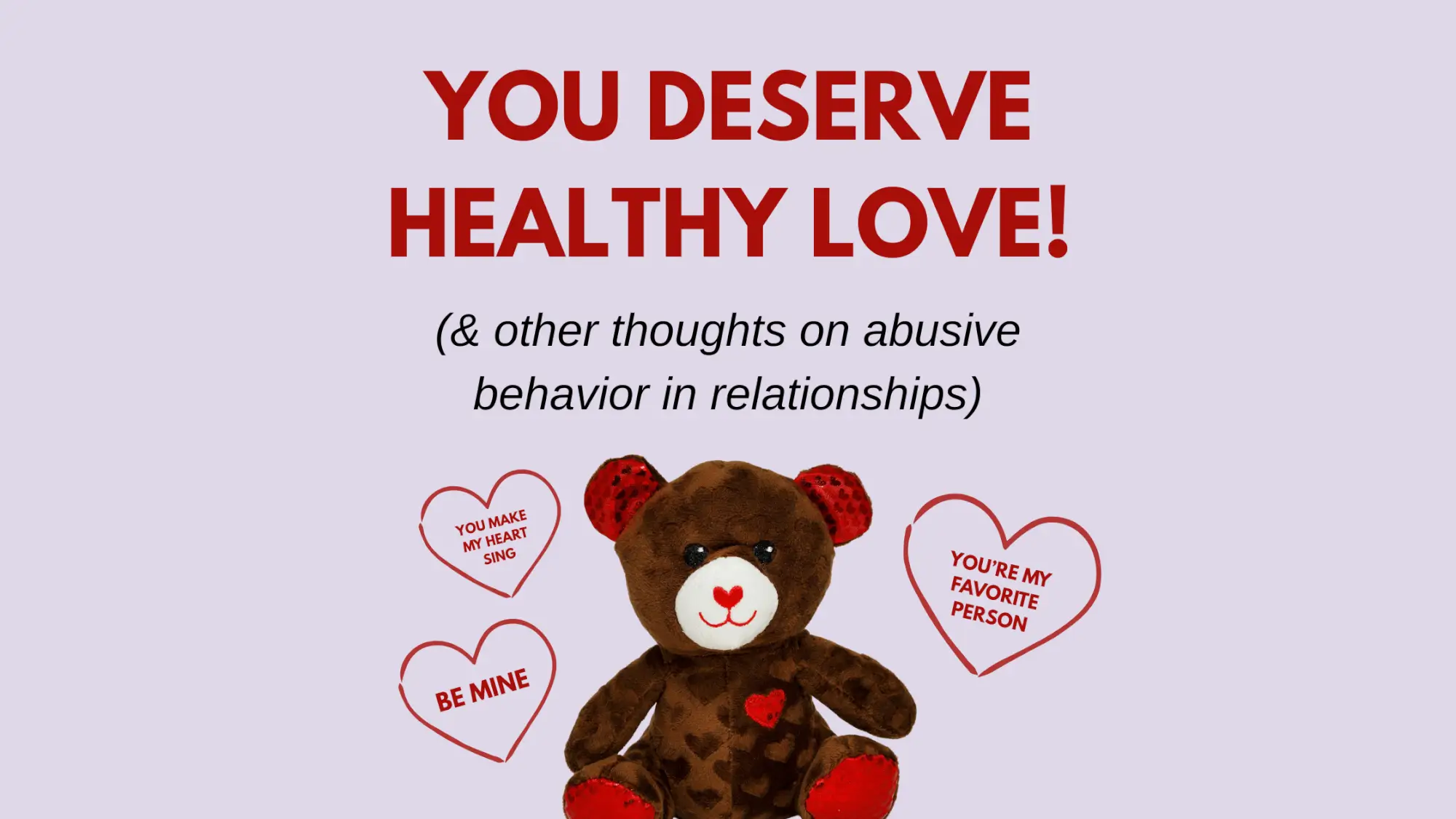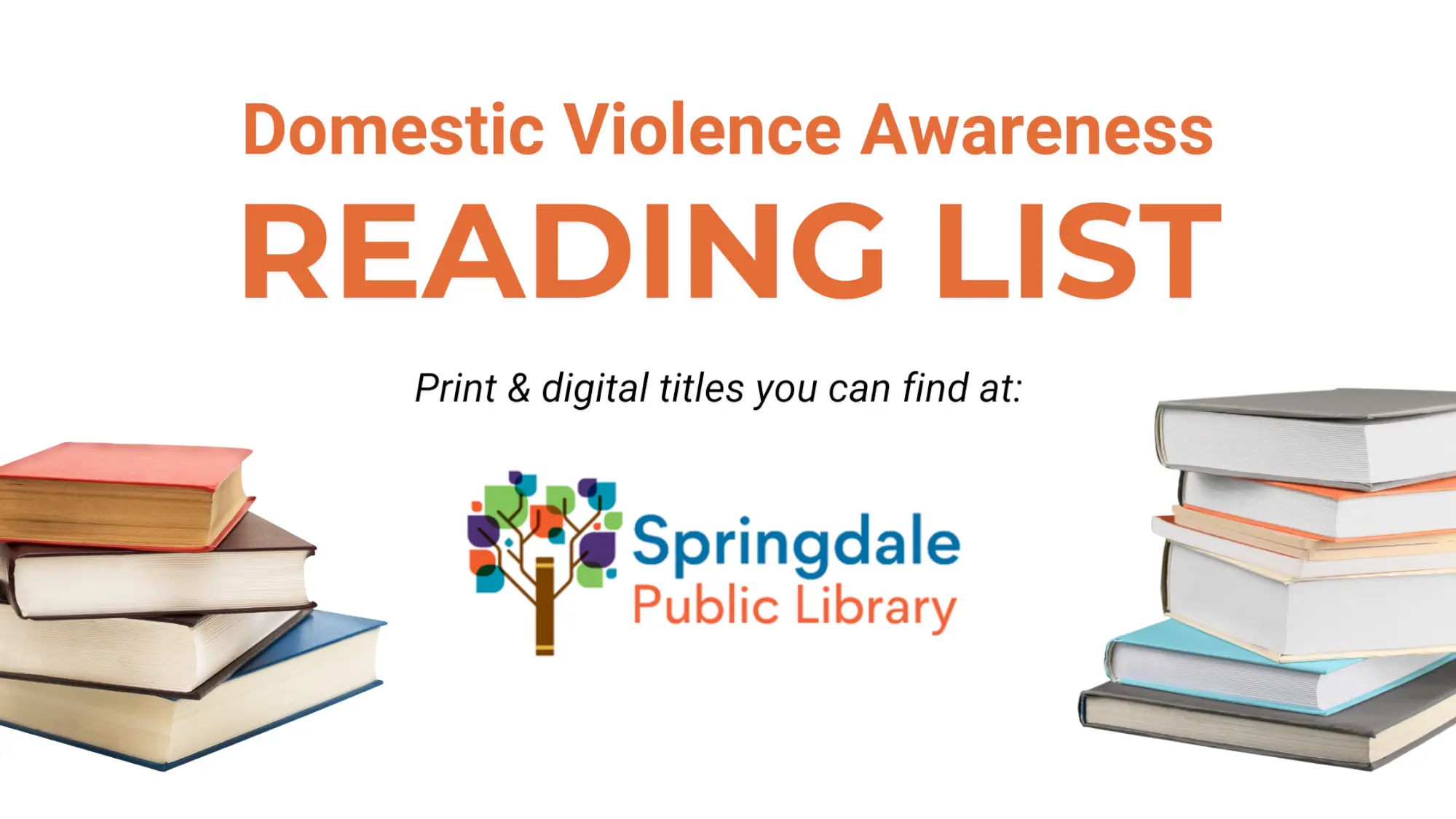
By: Kenna Shaddy
Technology continues to morph the world around us every day. It impacts almost every aspect of our lives and has changed some of the most fundamental parts of how we interact with each other. We’ve all gotten to a point now where we can understand the difference between talking through text, phone, in-person, etc., and it is important to focus on how these new ways of communication are benefiting and damaging relationships, especially with younger generations.
Technology has allowed a microscope to zoom in on everyone’s lives. Everyone can see what you’re doing and/or where you are at almost any given point in time, and this has impacted relationships not only with friends and family, but also with intimate partners. They can see when you read the message and if you left them on “read” or if you told them you were heading home, but your “Snap map” shows you at the Panda Express. This excessive amount of information that technology gives us can give people trust issues, jealousy, and other unhealthy behaviors that can lead to turbulence in a relationship. In more and more cases today, these behaviors are becoming violent and putting partners through physical/emotional abuse. People expect immediate responses and feel more entitled to know every detail of their partner’s life. Sometimes, a partner will expect passwords to social media accounts, determining who they can and cannot follow, monitoring direct messages, etc. This concept is known as “digital abuse”. Excessive monitoring is likely the most common form of this type of abuse, but other ways we see this is through online sexual harassment, blackmailing, threatening, and more.
Teens today have grown up in the world of technology and have a well-developed grip on what different online interactions mean. Going from Snapchatting to texting is sometimes considered a “big” step in building a relationship or putting the date of when a couple got together in an Instagram bio can make things “official”. It’s a strange dynamic that researchers are still working to understand, and this has led to gaps in how we can help teens engage in healthy relationships while using technology.
As technology continues to develop, it is important for teens and parents to understand the dynamics of relationships in association with technology and how both parties can push back on this type of abuse.
If you or someone you know is experiencing domestic violence, call the Peace at Home Family Shelter 24-Hour Crisis Hotline: at (479) 442-9811 or email us at help@peaceathomeshelter.com. If you are in immediate danger, call 911 right away.



